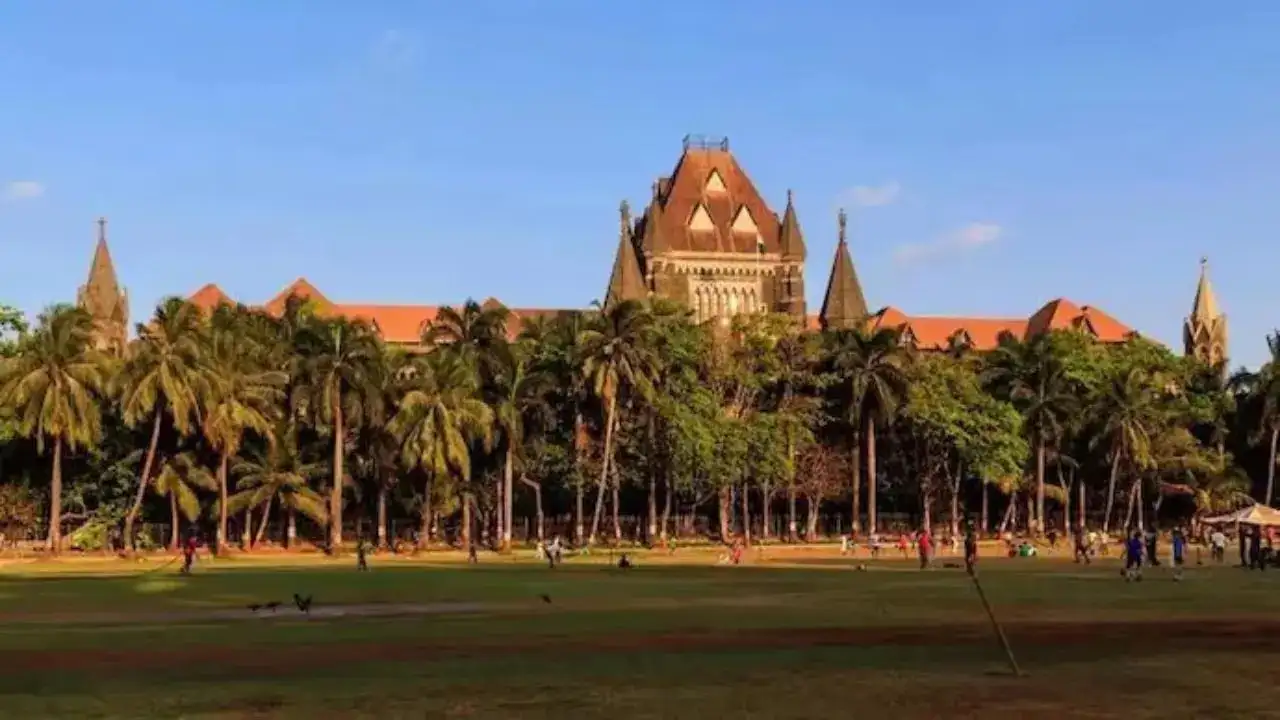Mumbai – The Bombay High Court on Tuesday clarified that simply holding an Aadhaar card, PAN card, or voter ID card does not automatically confer Indian citizenship. The observation came while rejecting the bail plea of a man accused of illegally entering India from Bangladesh and residing in the country for over a decade using forged identity documents.
Justice Amit Borkar, presiding over the case, emphasized that the provisions of the Citizenship Act determine who qualifies as an Indian citizen and how citizenship can be obtained. Documents such as Aadhaar, PAN, and voter ID, the court said, are meant for identification or availing certain services, not for establishing nationality.
The court refused bail to the accused, identified as Babu Abdul Rauf Sardar, who allegedly entered India without valid travel documents and fraudulently acquired an Aadhaar card, PAN card, voter ID, and even an Indian passport.
Citizenship Act, 1955: The Core Legal Framework
Justice Borkar noted that Parliament enacted the Citizenship Act in 1955, creating a comprehensive and permanent framework for granting and regulating citizenship in India. “In my view, the Citizenship Act of 1955 remains the primary and controlling legislation for deciding questions related to nationality in India,” the judge stated.
Illegal Immigrants Cannot Claim Citizenship
The bench made it clear that possession of common identity documents does not fulfill the fundamental legal requirements for citizenship as defined in the Act. The law, it added, explicitly distinguishes between legal citizens and illegal immigrants, barring those in the latter category from acquiring citizenship through most legal avenues.
Police Warn of Flight Risk
The court agreed with police concerns that granting bail could allow the accused to abscond, noting that verification of his documents was still ongoing. The charges against Sardar include creating and using forged identity documents to falsely claim Indian nationality, in violation of provisions under the Indian Penal Code, the Passport (Entry into India) Act, and the Foreigners Order.
Claimed to be a Genuine Citizen
In his bail plea, Sardar claimed he was a genuine Indian citizen and argued there was no conclusive proof linking him to Bangladesh. He said he had tax and business registration documents and had been residing in Thane district, near Mumbai, since 2013.
Historical Context
The bench also referred to the historical backdrop of India’s Constitution-making process, when large-scale migration occurred due to Partition, necessitating a clear legal framework to decide who would be recognized as a citizen of the newly formed Republic. The Constitution, the court observed, empowered Parliament to legislate on matters of citizenship in the future.


